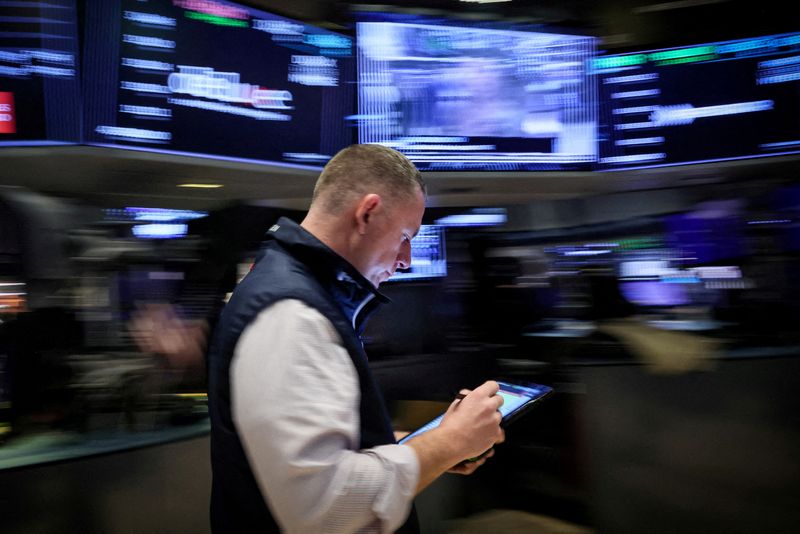By Laura Matthews
NEW YORK (Reuters) - Fund managers are looking to hedge more of their foreign exchange risk for longer to protect their returns, as concerns about volatility and the potential for unpredictable movements resulting from the upcoming U.S. elections grow.
Softer-than-expected U.S. jobs data last week, coupled with disappointing earnings from major tech firms, triggered a global sell-off in stocks and high-yielding currencies, with the greenback falling about 6% against the yen over the last five trading days.
A survey released on Wednesday found an increasing number of North American fund managers are planning to raise the tenor and the size of their hedges to shelter more of their currency exposures from losses and add more certainty into their portfolios.
The survey of 250 senior finance decision makers conducted by MillTechFX, the multi-dealer currency platform arm of specialist currency manager Millennium Global, found 65% of managers plan to lengthen the time in which they are shielded from FX volatility by moving to secure favorable exchange rates for their future transactions.
Meanwhile, 34% of managers expect to up their hedge ratios, a move that guards a greater portion of their exposures and portfolios from volatility.
"It's clear that fund managers are concerned about the potential FX ramifications, with many adopting a more proactive approach, protecting more of their currency exposures for longer as they seek to secure certainty in a climate that is anything but certain," said Eric Huttman, chief executive officer at MillTechFX.
Managers can use long-term derivatives contracts such as FX forwards or options to secure favorable rates at which they prefer to trade in the future.
Geopolitics and diverging monetary policies between the U.S. and other central banks have been influencing investors' hedging activities this year.
Some 93% of managers have expressed concerns about dollar strength, with the survey finding that more than 80% of them saw their returns affected by dollar strength this year.

As a result, the number of managers hedging their forecastable currency risk rose to 79% this year, up 7 percentage points from 2023, according to the survey.
The dollar is currently up 1.6% against a basket of its major peers, shedding some of its gains, in part, over recession fears and the timing of interest rate cuts.